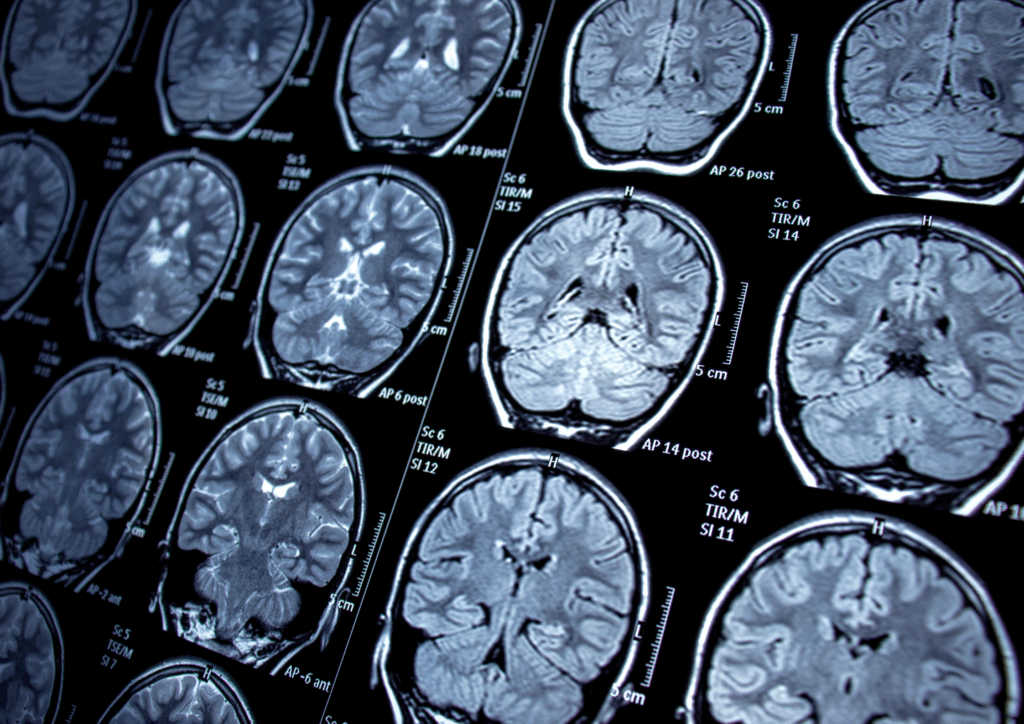Epilepsy
Medical Cannabis and Epilepsy: Exploring the Research
Epilepsy is a neurological disorder characterized by unprovoked, recurring seizures that can vary in frequency, intensity, and impact on daily life. For many individuals living with epilepsy, conventional anti-seizure medications offer effective symptom control. However, a significant number of patients experience drug-resistant epilepsy — a form of the condition where seizures persist despite standard treatment. In these cases, patients and healthcare providers have increasingly explored alternative options, including the potential role of medical cannabis.
In recent years, medical cannabis has gained attention for its potential in managing seizures, particularly forms of epilepsy that are difficult to treat through conventional means. Cannabidiol (CBD), a non-psychoactive cannabinoid found in cannabis, has been the focus of much of this research. Unlike THC, which produces a “high,” CBD is not intoxicating and has shown promising anticonvulsant properties in both clinical and observational studies.
One of the most well-known developments in this space was the approval of CBD-based pharmaceutical treatments for certain rare and severe forms of epilepsy, such as Dravet syndrome and Lennox-Gastaut syndrome. Clinical trials involving high-CBD extracts have demonstrated a reduction in seizure frequency in some patients, leading to broader interest in how CBD and other cannabinoids might support seizure management across various types of epilepsy.
In Canada, patients with epilepsy may be eligible to use medical cannabis under the guidance of a healthcare professional. This allows for access to regulated cannabis products, including high-CBD formulations and cannabis oils, which can be administered in non-smokable forms such as capsules, oils, or sublingual sprays. These options may appeal to those looking for alternatives to traditional pharmaceuticals, particularly when dealing with unwanted side effects or limited efficacy.
It’s important to note, however, that research is still ongoing. While early findings are encouraging, not all patients respond to cannabis-based treatments in the same way. Variables such as age, seizure type, dosage, and cannabinoid ratios all play a role in determining effectiveness. Additionally, potential drug interactions with existing anti-seizure medications must be carefully considered and monitored.
This page is designed to be a resource for individuals, caregivers, and healthcare professionals who are interested in learning more about the relationship between epilepsy and medical cannabis. Here, you’ll find links to recent studies, expert reviews, and emerging clinical data exploring the safety and efficacy of cannabinoid therapy in seizure disorders. Our goal is to help you stay informed about the evolving science, legal landscape, and treatment possibilities in this area.
If you or someone you care for is navigating epilepsy and seeking information about medical cannabis in Canada, we invite you to explore the research below and discuss any treatment considerations with a qualified healthcare provider.
Cannabis in the Treatment of Pediatric Epilepsy Bonni Goldstein, MD (2015)
CBD Enriched Medical Cannabis for Intractable Pediatric Epilepsy European Journal of Epilepsy (2016)
An Australian nationwide survey on medicinal cannabis use for epilepsy: History of antiepileptic drug treatment predicts medicinal cannabis use Epilepsy & Behavior (2017)
First Canadian paediatric study of mixed THC/CBD cannabis oil shows promise for children with drug-resistant epilepsy SickKids (2018)
Position Statement on the Use of Medical Cannabis for the Treatment of Epilepsy in Canada Canadian League Against Epilepsy Medical Therapeutics Committee (2019)
Cannabinoids in the Treatment of Epilepsy: Current Status and Future Prospects Neuropsychiatric Disease and Treatment (2020)
Slow Titration of Cannabidiol Add-On in Drug-Resistant Epilepsies Can Improve Safety With Maintained Efficacy in an Open-Label Study Frontiers in Pharmacology (2020)
An Open Retrospective Study of a Standardized Cannabidiol Based-Oil in Treatment-Resistant Epilepsy Cannabis and Cannabinoid Research (2020)
The long-term efficacy of cannabidiol in the treatment of refractory epilepsy International League Against Epilepsy (2021)
Time to onset of cannabidiol treatment effects in Dravet syndrome: Analysis from two randomized controlled trials Epilepsia (2021)
Effect of Cannabidiol on Interictal Epileptiform Activity and Sleep Architecture in Children with Intractable Epilepsy: A Prospective Open-Label Study CNS Drugs (2021)
Long-term use of cannabidiol-enriched medical cannabis in a prospective cohort of children with drug-resistant developmental and epileptic encephalopathy European Journal of Epilepsy (2022)
Therapeutic and clinical foundations of cannabidiol therapy for difficult-to-treat seizures in children and adults with refractory epilepsies Experimental Neurology (2023)
Adjunctive use of cannabidiol in pediatric drug-resistant epilepsy: A retrospective multicenter analysis Epilepsy and Behavior (2025)
Patients With Treatment-Resistant Epilepsy Improve Following Medical Cannabis Therapy Brain and Behavior (2025)




